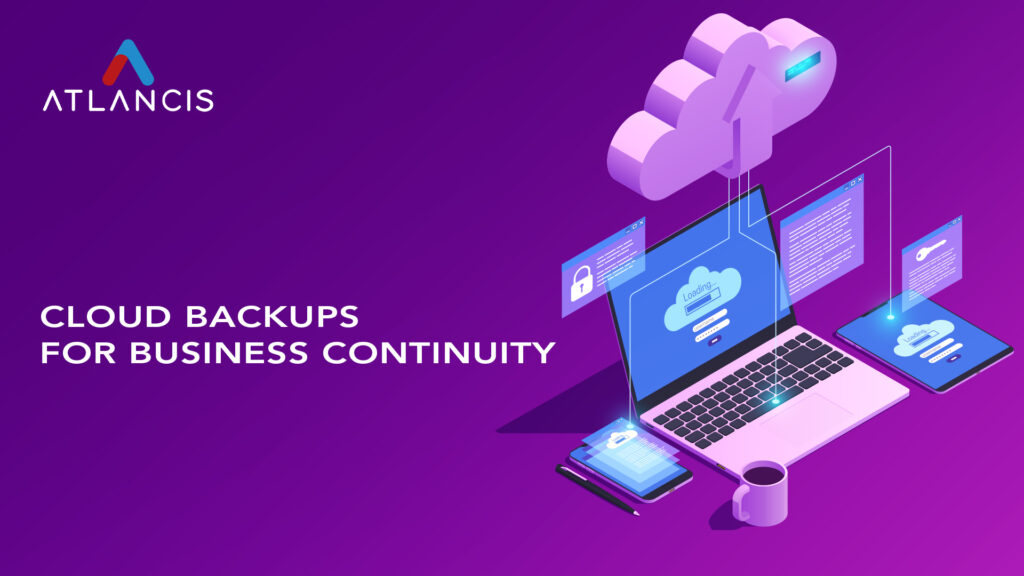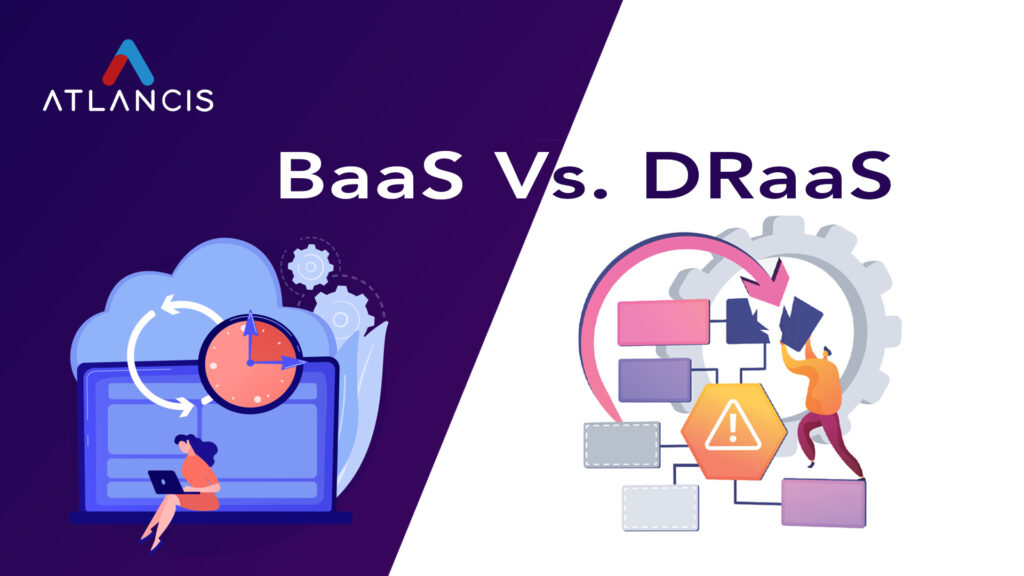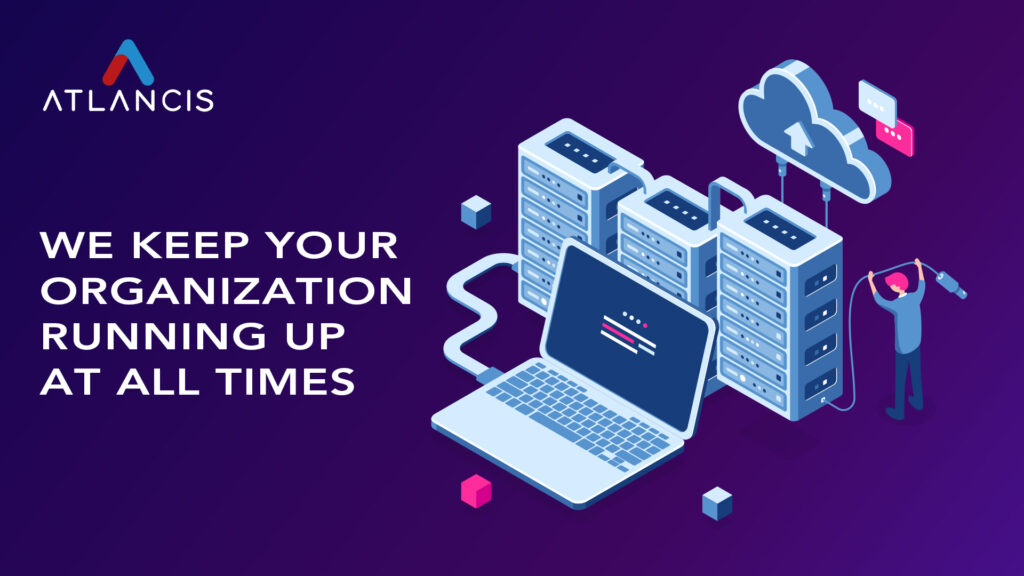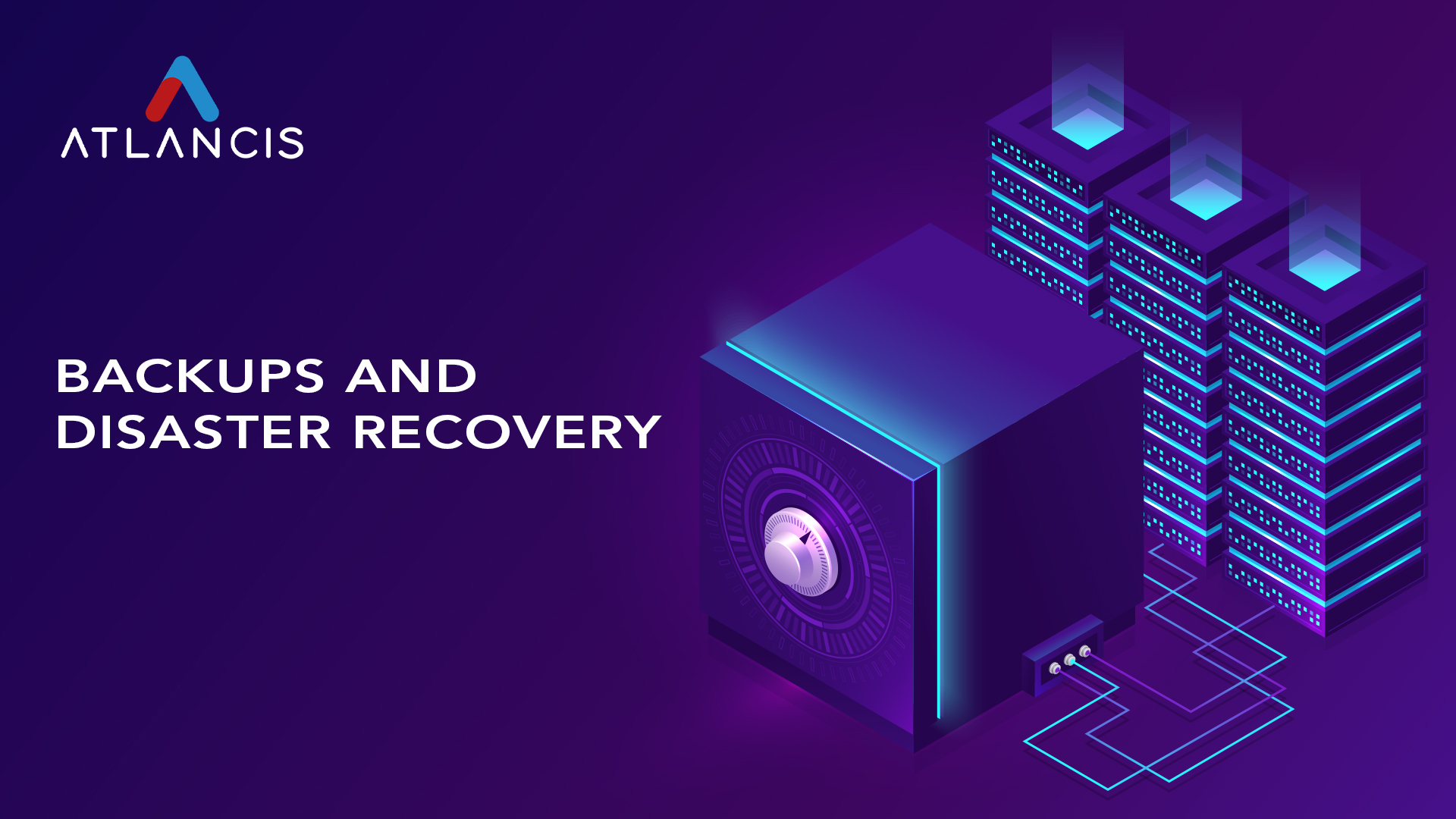Backups as a Service (BaaS) and Disaster Recovery as a Service (DRaaS) in Kenya cloud solutions are essential to safeguard and replicate your data, systems, and applications. These cloud computing services are based on proven secure networks offering a broader aspect for flexible business continuity.
In case of system failure or crash, that should never be a reason for discontinuing your business. With backups and disaster recovery as services, your organization will have complete peace of mind for data-at-rest. Your organization redirects its end-users to the open technology cloud platform while fixing the failures hence facilitating continued consumption.
Almost 60% of companies that lose data end up closing down within 24 months because it’s hard for them to operate without data, especially financial companies and banks. Setbacks in losing data due to viruses and other catastrophes are equivalent to failure and coughing millions to recover.
What are cloud backups as a Service in Kenya?
Cloud backups as a service refer to the practice where an organization’s data and applications are backed up and stored in remote servers. Backups help organizations’ data to remain readily available and accessible in case of system failure, natural disasters, viruses, etc.
Depending on the preferences of the organization, they can back up all or some of the data and applications from their servers to service provider cloud platforms.
Cloud server backups are nowadays a necessity to ensure that all organizations safeguard their mission-critical data workloads and applications. There are different types and approaches to cloud backups offered by cloud computing service providers.

Why should organizations use cloud backups as a service?
Let’s break down why organizations must use cloud backup as a service for business continuity:
- Securing data and applications
Storing mission-critical data workloads and applications to an off-site location enhances protection and security in termed IT crises.
- Quick data recovery
Cloud backup enables the organization to quickly and easily access required data and application workloads.
- Reliability in the Disaster Recovery as a Service process
In case of an IT crisis either manmade or natural, the organization is in a good position to recover all backed-up files and systems.
- Scalability and flexibility in storage
In comparison with traditional backups which were limited in terms of hardware capacity and slower. Cloud backup as a service enables the organization to store the maximum amount of data and application workloads with the possibility to scale up or down anytime.
Disaster Recovery as a Service in Kenya
Disaster Recovery as a Service in Kenya is a cloud recovery solution that allows organizations to backup data, applications, and other IT infrastructures to facilitate accessibility and functionality in case of a natural or manmade disaster.
Some businesses have established their secondary IT disaster recovery plans on their premises. However, the businesses incur huge costs linked to power, thermal efficiency, cooling, and other critical cloud computing equipment.
Therefore, adopting the as-a-Service model is cost-effective. The model demonstrates that the organization in question isn’t managing or owning resources instead depends on the DRaaS providers (third-party).
How does Disaster Recovery as a Service work?
The disaster recovery service provider offers IT infrastructure that serves as a disaster recovery location to clients when IT crises occur. Generally, the IT infrastructure includes software applications and hardware resources that enhance replication linked with private or public clouds that are operated by the provider.
Why Disaster Recovery as a Service in Kenya?
- Cutdown Complexities
As demonstrated above, having secondary disaster recovery sites creates room for the organization to incur huge costs. Adopting disaster recovery as a service in Kenya eliminates maintenance, administrative and contract costs.
- Stronger portability and interoperability
DRaaS cloud computing solutions foster portability and interoperability abilities hence enhancing the reusability of components across different independent platforms.
- Affordability and simplification of Disaster Recovery as a Service
DRaaS solutions highly reduce IT resources utilized in building own DRaaS site. It helps organizations to keep running all time and focus on core business processes.
What’s the difference between Backup as a Service (BaaS) and Disaster Recovery as a Service (DRaaS)?

Firstly, BaaS only covers backup plans for data whereas DRaaS covers a range of backup and recovery plans for data and the entire IT infrastructure.
Secondly, BaaS provisions recovery plans but the recovery point and time objectives are configured in days. Conversely, in DRaaS the recovery point and time objectives are configured in minutes and seconds due to remote site linkage.
Finally, DRaaS costs are higher compared to BaaS due to additional features for data and IT infrastructure recovery.
Bottom Line
Both Backups as a Service and Disaster Recovery as a Service in Kenya cloud computing solutions facilitate organizations to safeguard and replicate data and applications to avoid compromises in case of an IT crisis.
If you need to learn more about BaaS and DRaaS, take your time to contact Atlancis Technologies. The ISO 9001 Certified company, running best backups and recovery solutions running on Tier 1 Original infrastructure.



